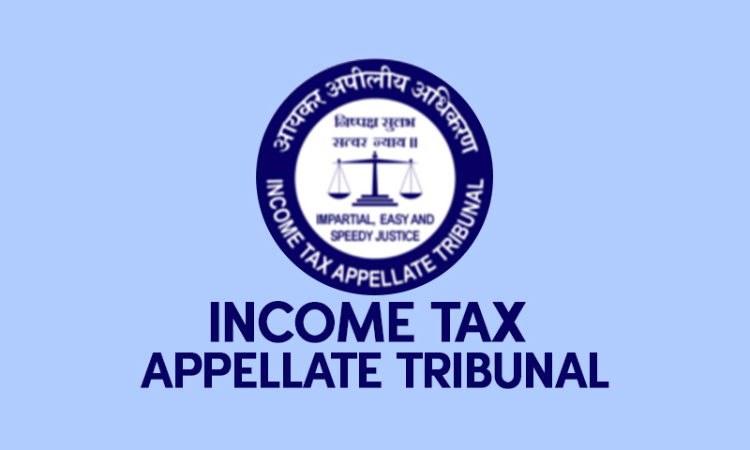On finding that voluntary disallowance of expense u/s 40(a)(ia) of the Income Tax Act is not a ground to treat the assessee as 'assessee in default' u/s 201(1), the Delhi ITAT deleted the addition of chargeable interest u/s 201(1A) as well as the treatment of 'assessee in default' u/s 201(1).The Bench comprising Anubhav Sharma (Judicial Member) and M. Balaganesh (Accountant Member) observed...

